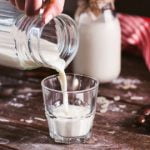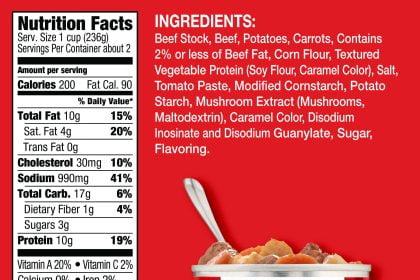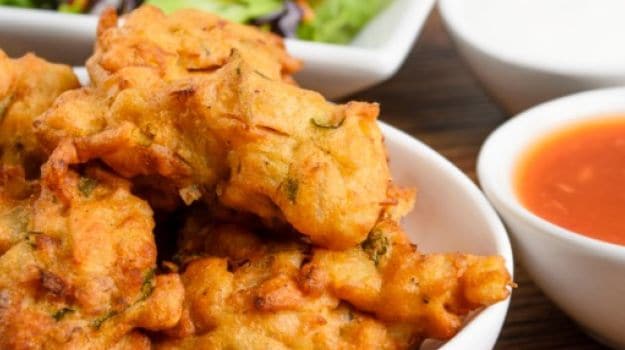
Monsoons in India are always much awaited as they provide a relief from the hot Indian summers. However, monsoons have their own drawbacks, especially as far as food is concerned. The damp and wet weather leads to the rise of germs and diseases like indigestion, conjunctivitis, typhoid, and dengue to name some. Hence, during this season, it’s important to keep one’s immunity strong by observing certain food habits while avoiding some at the same time. A weak immune system might result in a host of diseases. The following counter measures can be taken during monsoons:
1. Boiling water is a must have during monsoons, which helps to kill harmful bacteria and germs in the water. It is also important to stay hydrated during monsoons as in this humid weather the body loses a lot of water in the form of sweat.
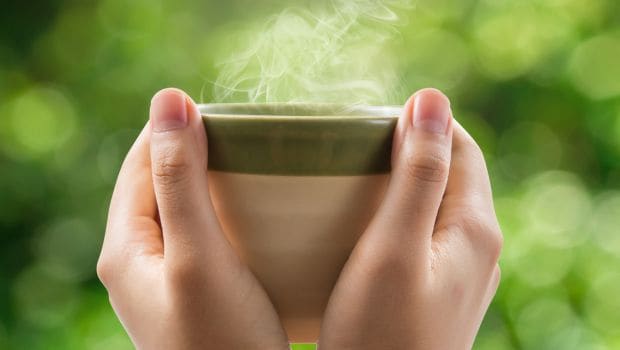
Image credit: Istock
2. Foods having low or medium salt content should be consumed as foods having a high salt content can lead to water retention and high blood pressure.
3. In this humid weather, the body’s digestion capacity reduces. Hence, fried food should be avoided as it can lead to indigestion and unrest in the stomach. Steamed, boiled or grilled foods are the best for this weather. Raw foods should also be avoided, especially cut fruits and vegetables and juices from roadside stalls and carts as there is a high risk of water contamination which in turn can lead to water borne diseases.
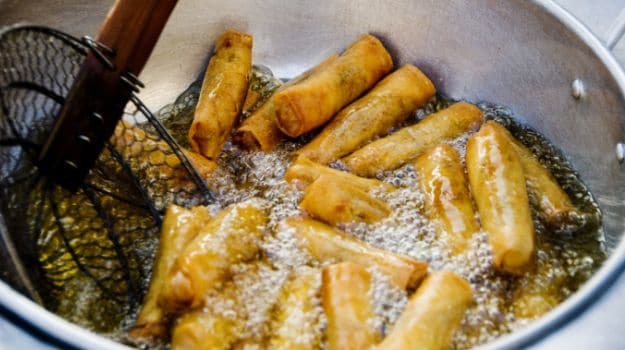
Image credit: Istock
4. Fruits are essential to have during monsoons that help to restore energy. Seasonal fruits like pomegranate, peaches, pears, and mangoes are suggested.
5. Watery foods like muskmelons, watermelons and lassi from roadside vendors should be avoided too, as they may create stomach infection or lead to water borne diseases and pimples.
6. Foods rich in antioxidantssuch as bitter gourd, seasonal berries, neem and pumpkin should be consumed to stay healthy, prevent infections and boost your immunity. On the other hand, green leafy vegetables and root vegetables should be washed properly before consuming or avoided.
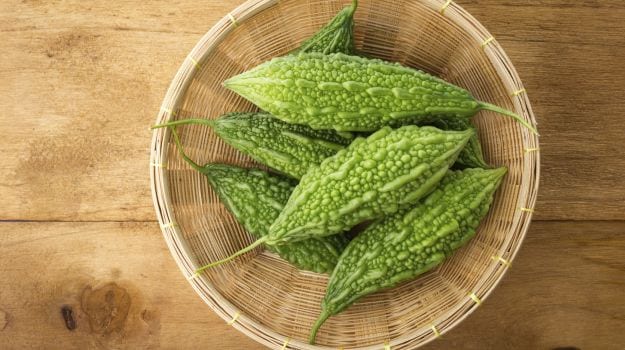
Image credit: Istock
7. Seafood, fish, mutton, cold cuts, raw or semi cooked egg should be avoided as they’re heavy on the stomach and with the digestion system slowing down, it leads to indigestion. Lighter preparations like stews and soups should be consumed.
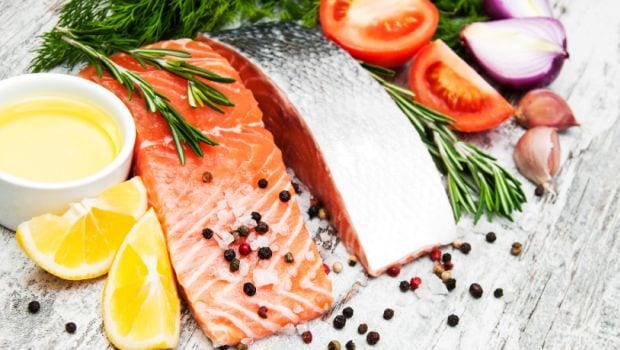
Image credit: Istock
8. Spicy and sour foods should also be avoided as they lead to an increase in body temperature and might further lead to allergies and skin irritations in the form of pimples, rashes and boils.
9. Anti-bacterial herbal teas like honey, mint, ginger and pepper are a must have, as they’re good antioxidants as well, and can help to boost immunity.
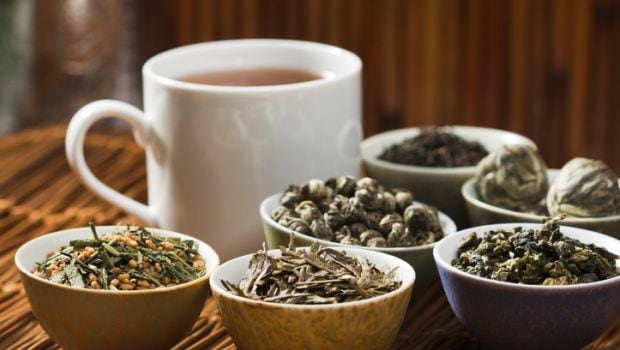
Image credit: Istock
[“source-food.ndtv”]


